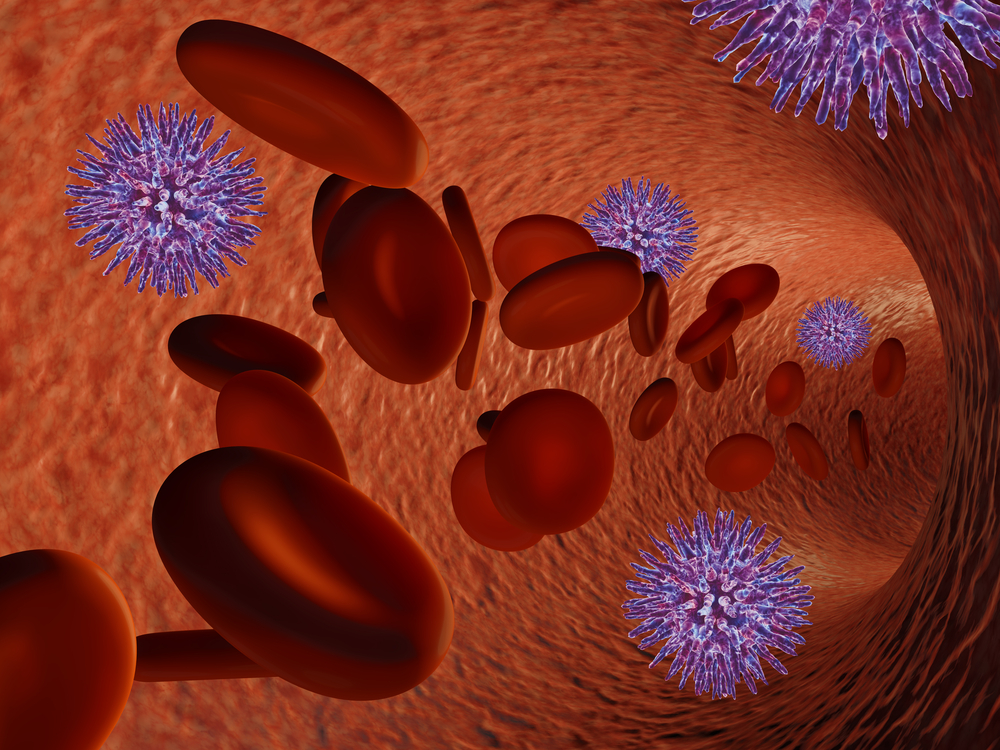In a recent study published in the Clinical Journal of the American Society of Nephrology, a team of researchers from Yale have determined that the present-day definition of acute kidney injury (AKI) may be leading to misclassification of patients who do not suffer from the condition.
The results showed there are limitations in the consensus of AKI definition, an abrupt loss of kidney function that develops within 7 days. The condition usually occurs as a consequence of damage to the kidney tissue caused by decreased renal blood flow (renal ischemia) from any cause (e.g. low blood pressure), exposure to substances harmful to the kidney, inflammatory processes in the kidney, or an obstruction of the urinary tract which impedes urine flow. AKI is diagnosed on the basis of characteristic laboratory findings, such as elevated blood urea, nitrogen and creatinine, or inability of the kidneys to produce sufficient amounts of urine.
However the study found that variations in the quality and frequency of lab tests can lead to a high number of false-positives which then leads to a misdiagnosis of the condition. Dr. F. Perry Wilson and colleagues assessed the false-positive rate for acute kidney injury using clinical data of 2,000 patients to simulate serum creatinine concentration (SCr) testing.
Accounting for variations from laboratory measurments and biology, researchers tested the proportion of patients that would be erroneously diagnosed. “The basic finding is that overall the false-positive rate is 8%, and in those patients with chronic kidney disease, the false-positive rate is 30.5%,” said Dr. Wilson in a recent news release.
Such false positives could result in unnecessary interventions and even further kidney damage, he explained. “It’s clear that especially in this population of patients, this definition of acute kidney injury is inadequate. We need to create new definitions”.
Read More Recent News
In a review paper entitled “Precision renal medicine: a roadmap towards targeted kidney fibrosis therapies”, published in the Fibrogenesis & Tissue Repair journal, researchers from the University Medical Center Göttingen, Germany discuss the evolution of molecular-targeted therapies in cancer medicine and how these can be applied for clinical use in chronic kidney diseases. This review highlights the way that ongoing clinical trials are being conducted and their unsuccessful implementation into effective renal therapies, which might be highly improved if a precise medicine approach begins to be actively employed.

